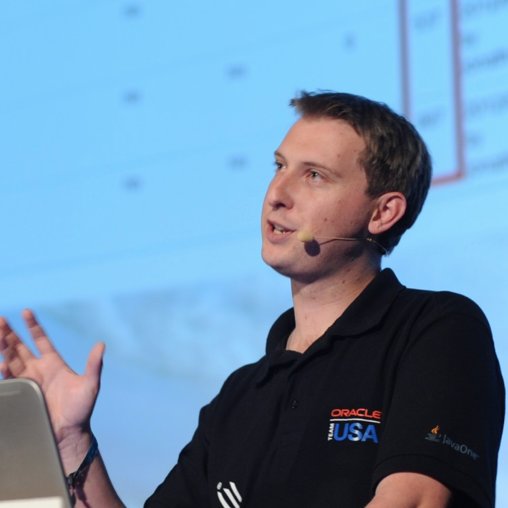Another week, and a heap more links! Great work folks, you’re up to all kinds of cool things! 🙂
- The big news this week was the final release of Scene Builder 2.0 was made available for download. Jasper Potts posted an overview of the new features in Scene Builder 2.0, and Mo Chicharro posted a YouTube video showing how to use it.
- Jasper has also posted a small code sample of how to easily create a grid (inside a Canvas) in JavaFX.
- Eric Bruno has published an article showing how to make use of some of the new Java 8 features to build new controls in JavaFX. This is the first part in a series, with the first part focusing on creating a JavaFX-based file system browser.
- The DataFX team has announced the release of DataFX 8.0b3, which includes a huge number of new features and bug fixes.
- Tom Schindl continues to work on e4 on JavaFX. This week he has a video showing draggable tabs within a TabPane, something he is working on (with me) to make available to the OpenJFX project.
- Tomas Mikula has a post about how to ensure consistency of your observable state using his InhiBeans library. I wish I could use this library in my UI controls work, it would be a huge help! 🙂
- Jens Deters has announced the release of MQTT.fx 0.0.2, which includes a number of interface tweaks and new features.
- Jens also has a post on how to create a noisy gradient in JavaFX.
- Christoph Nahr has a post about how he has ported his ‘Star Chess’ game to JavaFX. What is interesting is the extent to which the game is separate from the view technology, going so far as to have separate NetBeans modules for each, and having a console version that outputs the game as ascii text.
- Rob Terp has announced the release of GMapsFX 1.0.0.
- Eugene Kiss has announced the release of KotlinFX 0.1, a “layer on top of JavaFX 8 in the same vein as ScalaFX and GroovyFX are. The main benefits of KotlinFX over pure Kotlin for JavaFX 8 are UI Builders, Extension Properties for getters and setters, more natural JavaFX Binding Expressions and alternative reactive expressions. Take a look at the KotlinFX Wiki, especially the page “Why KotlinFX”, for more details.”
Catch you all next week!


